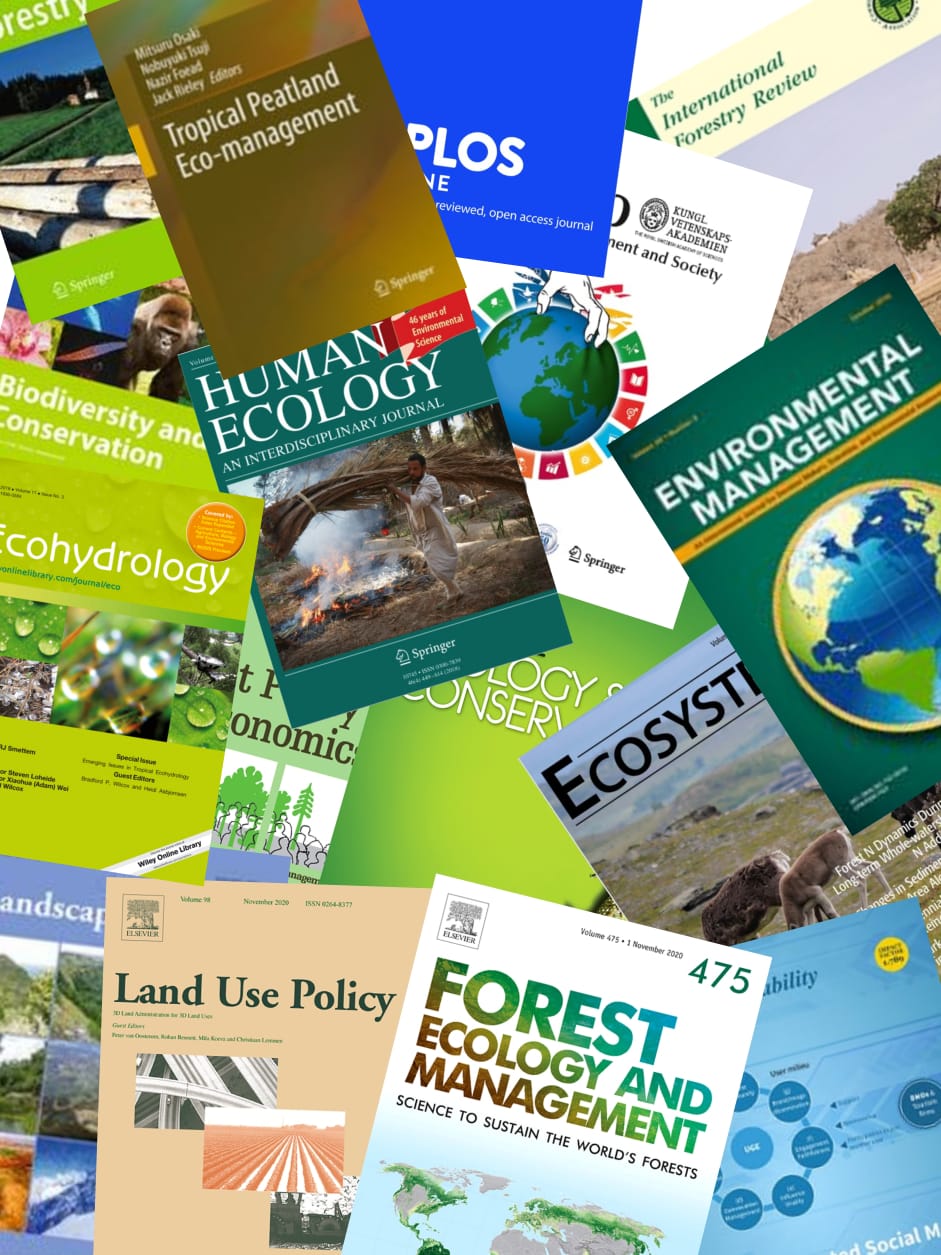
Share this
Baguio City is the fabled mountain city of the Philippines created by the fledging American administration at the beginning of the 20th century. Internationally renowned urban planner Daniel Burnham was commissioned to design a recreational city (sitting at an altitude of 5,000 feet) replicating a little America" in the tropics on grazing land appropriated from upland indigenous Ibaloi people. Drawing from the theoretical insights of Henri Lefebevre and Michel de Certeau, this article examines how American colonialist notions of space and urban aesthetics have remained salient in modern day Baguio City. In particular, I argue how these vectors impact on the subaltern commercial enterprise of street vending as carried out on the public sidewalks of an iconic thoroughfare in the city, Session Road. Street vendors and the specter of street vending are embedded in an array of contending spatialized practices. Not only do they have to contend with the city's legalist anti-peddling ordinance but they must negotiate with its privileged status as a cosmopolitan city of refuge and as a confluence between highland indigenous and lowland cultures. In short, I show how sidewalk vending as practiced in Baguio City is powerfully mediated through the assemblage of the vectors of economics, weather and cultures. © 2011 The Institute, Inc."

